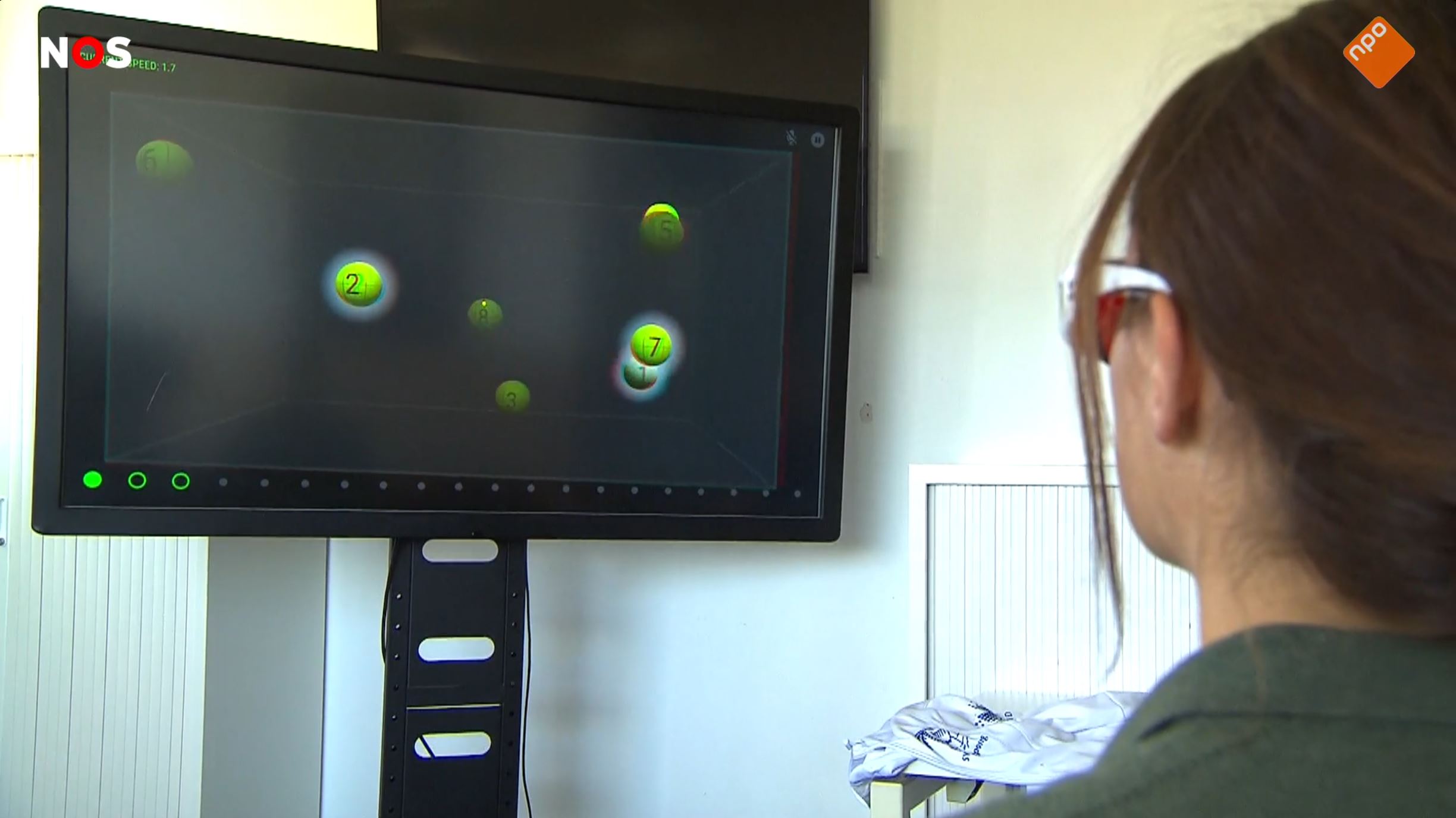Welcome to the Research and Strategy Services at in today's fast-paced.


Many parents notice a puzzling pattern: their child seems fine at school but melts down at home. Teachers may even say, “I don’t see the ADHD you describe.”
This doesn’t mean your child is “faking it.” It means they’re working extra hard to hold it together — and the crash comes once they’re safe.
Children with ADHD often mask their struggles in public. They copy peers, suppress impulses, and try to “act normal” (Barkley, 2015).
Holding attention, following rules, and resisting distractions at school take immense effort. By the time they get home, their mental resources are depleted (Craig et al., 2016).
Kids know parents will love them unconditionally. Home becomes the safe space where pent-up emotions spill out (Kern et al., 2015).

Give kids space to decompress before asking questions or giving instructions. Examples:
This helps them reset from “school mode” to “home mode.”
Reassure your child: “It’s okay to feel tired or upset when you get home.” Validating their experience reduces shame and strengthens trust.
Meltdowns are signals, not defiance. Over time, kids can learn:
Supporting skill-building reduces the intensity and frequency of crashes.

When ADHD kids hold it together all day, the meltdown at home isn’t failure — it’s a release. With understanding, routines, and tools, parents can transform after-school crashes into opportunities for growth.
Q: Why does my child only melt down at home, not at school?
A: Because home is safe. Kids often use all their energy to mask ADHD at school, then release emotions once they feel secure.
Q: Should I punish after-school meltdowns?
A: No. Punishment adds stress. Instead, focus on decompression routines and validating their feelings.
Q: Can this pattern improve with training?
A: Yes. Research shows that both behavioral strategies and cognitive training can strengthen resilience and reduce emotional overload.
Q: Does this mean the teacher isn’t seeing the “real” child?
A: Teachers see one side. At home you see the full picture, including where the strain shows. Both perspectives are valid.
This article was originally published on Breakthrough ADHD and is republished here with permission.








Welcome to the Research and Strategy Services at in today's fast-paced.

Learn how supporting healthy sleep habits can transform daily emotional balance.

Discover how extra sensitivity to noise can be supported in sensory-rich environments.

Check out Eye4Vision's cutting-edge optometry, sports vision and rehab services.
.png)